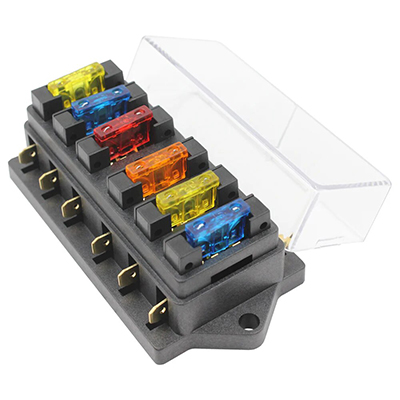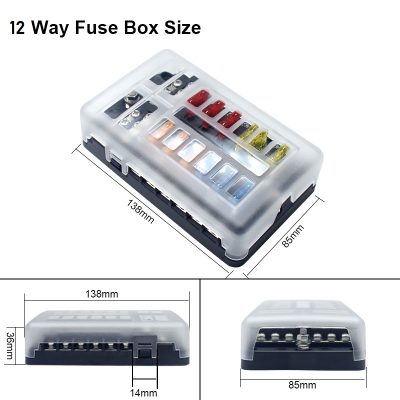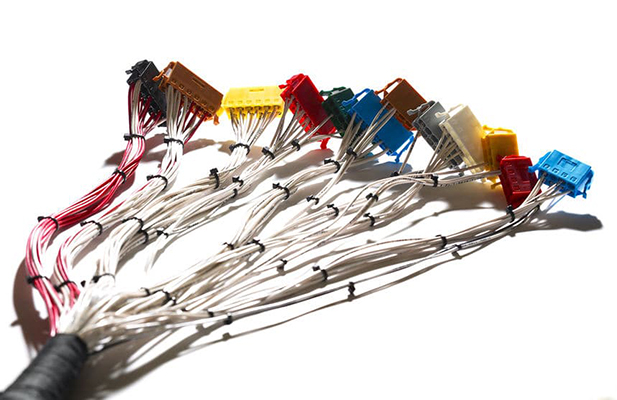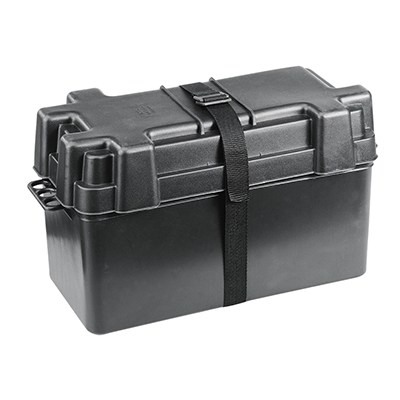Innovations in Fuse Boxes for Automotive Seat Heating and Comfort Systems
News 2025-10-20
Fuse boxes play a critical role in modern automotive systems, particularly in managing electrical loads for features like seat heaters and other comfort enhancements. These components ensure that circuits remain protected from overloads, which is essential for vehicle safety and longevity. In the context of automotive comfort, fuse boxes safeguard against potential faults that could arise from high-current demands, such as those in heated seats or climate control systems. This protection not only prevents damage to wiring but also maintains the efficiency of the vehicle’s electrical architecture, making it a key element in contemporary car design.

Application Scenarios
In various automotive settings, fuse boxes are integral to comfort features. For instance, in luxury vehicles, they manage the power supply to seat heaters, ensuring even heating without risking short circuits during extreme weather conditions. Another common application is in electric seat adjustments and massage functions, where fuse boxes prevent excessive current draw that could lead to system failures. Additionally, in hybrid and electric vehicles, these boxes support advanced comfort tech by isolating faults and maintaining overall system integrity, thus enhancing user experience in diverse driving environments.
Performance Advantages
Fuse boxes offer significant benefits in terms of reliability and efficiency for automotive comfort systems. They provide rapid response to electrical faults, cutting off power within milliseconds to avoid damage, which is crucial for components like seat heaters that operate at high temperatures. Their compact design allows for easy integration into tight spaces within vehicle dashboards or under seats, improving both aesthetics and functionality. Moreover, modern fuse boxes incorporate materials that resist corrosion and heat, ensuring long-term performance and reducing maintenance needs, thereby contributing to cost savings and enhanced durability in automotive applications.
Frequently Asked Questions
1. What is the primary function of a fuse box in cars?
It protects electrical circuits by breaking the connection if too much current flows, preventing damage from overloads or short circuits.
2. How do fuse boxes improve safety in comfort features?
By automatically disconnecting power during faults, they reduce the risk of fires or electrical shocks in systems like seat heaters.
3. What makes fuse boxes suitable for modern automotive use?
Their ability to handle varying current loads and integrate with digital systems ensures reliable operation in advanced comfort technologies.


